 Shutterstock
Shutterstock
While emotional support animals often require registration, letters, and enough red tape to gift-wrap your sanity, there are certain dog breeds that deliver daily doses of emotional comfort without the paperwork. These pups don’t need certifications to lift your mood, lower your stress, or make you forget you were crying over an empty pizza box. With warm eyes, intuitive hearts, and the ability to snuggle like it’s a competitive sport, these breeds instinctively know when you need love, laughter, or a big furry head in your lap.
Golden Retriever
 Shutterstock
Shutterstock
Golden Retrievers are basically emotional therapy with a heartbeat and a tail. Their perpetually sunny disposition, gentle temperament, and people-pleasing nature make them ideal for comforting anyone in emotional distress. Goldens have a magical way of knowing when you need extra cuddles, often offering a paw or resting their head in your lap at just the right moment. Their loyalty is unmatched, and they’re patient enough to sit with you through everything from tears to existential crises. If your soul needs a warm, fluffy reset button, a Golden Retriever will hit it every time, with love.
Cavalier King Charles Spaniel
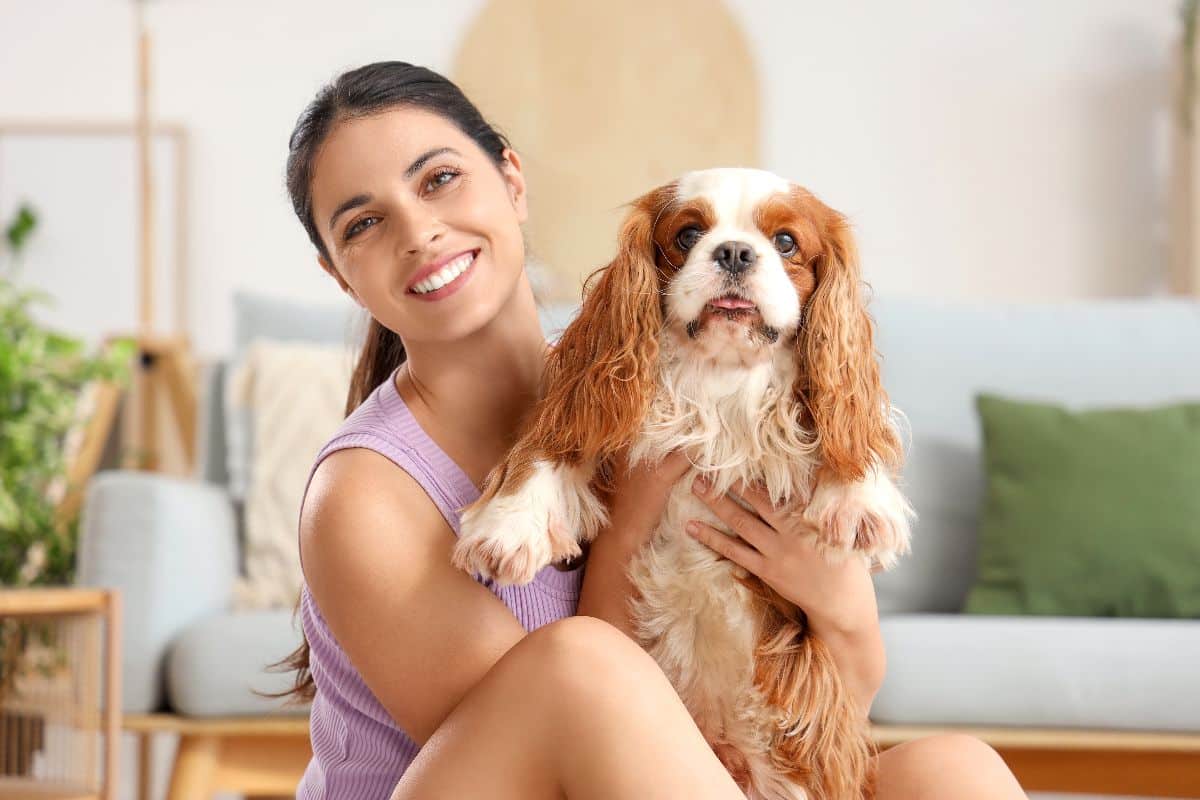 Shutterstock
Shutterstock
Cavalier King Charles Spaniel looks like a living plush toy and has the emotional awareness of a seasoned therapist. These affectionate lapdogs are champions of comfort, always eager to curl up beside you and gaze at you like you’re the only person in the universe. They’re incredibly in tune with human emotions and have a soothing presence that makes even the worst days feel manageable. Whether you need a good cry, a long cuddle, or a fluffy shadow who follows you from room to room, the Cavalier has you covered.
Labrador Retriever
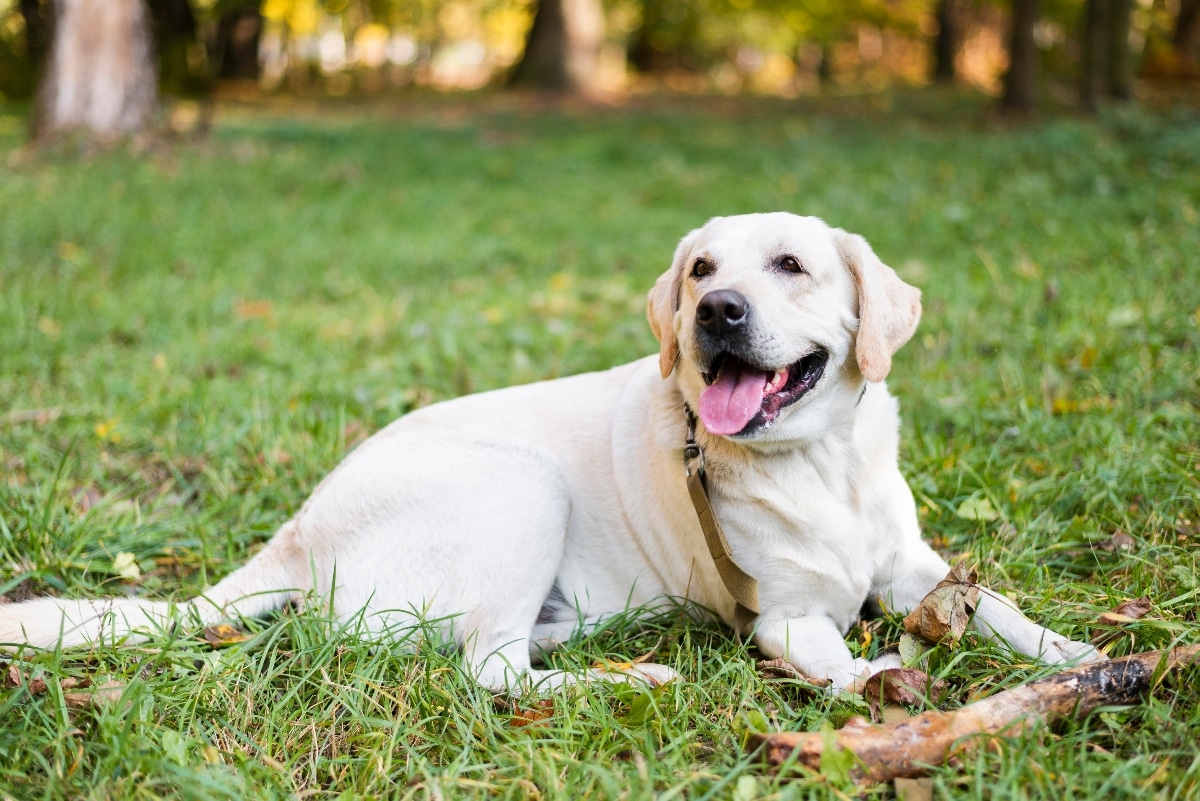 Shutterstock
Shutterstock
Labrador Retrievers are giant emotional marshmallows wrapped in fur. Friendly, loyal, and eager to please, Labs are natural mood-boosters who radiate positive energy. They’re excellent at reading your emotional state and responding with just the right amount of snuggling, tail thumping, or goofy antics. Whether you’re feeling overwhelmed, anxious, or just need a slobbery reminder that you’re loved, a Lab will provide. They’re especially great for people who like their emotional support with a side of fetch.
Havanese
 Shutterstock
Shutterstock
Havanese is a small dog with a big heart and an even bigger need to make you smile. These cheerful fluffballs are affectionate, intuitive, and thrive on human connection. They love being close to their people and are known for following their owners around like fuzzy, emotionally attuned shadows. Havanese dogs often mirror your mood, offering comfort when you’re down and joy when you need a pick-me-up. They’re basically living, breathing antidepressants—with fur and an obsession for snuggles.
Standard Poodle
 Shutterstock
Shutterstock
Standard Poodles may look posh, but beneath the fancy haircut is a deeply sensitive and emotionally intelligent companion. These brainy dogs are quick learners, yes—but they’re also incredibly tuned in to their humans. A Poodle can often sense shifts in your mood before you even realize you’re having one. They’ll quietly lie beside you when you’re feeling low or get goofy to cheer you up when you’re stressed. Think of them as your emotionally gifted, curly therapist who happens to also enjoy squeaky toys.
Boxer
 Shutterstock
Shutterstock
Boxers are the class clowns of the dog world, but they’re also incredibly loving and devoted companions. Their goofy energy can turn a bad day around in seconds, but they’re also surprisingly sensitive to their humans’ feelings. A Boxer will nuzzle you during sad moments, stay close when you’re anxious, and launch into hilarious antics when laughter is the best medicine. Their enthusiasm for life is contagious, and their love is limitless. With a Boxer around, it’s nearly impossible to feel alone or stay grumpy for long.
Bichon Frise
 Shutterstock
Shutterstock
Bichon Frises are joyful little clouds of comfort who thrive on human interaction. These dogs live to make people happy, and their affectionate, cheerful personalities can melt away stress like snow in the sun. They are sensitive to tone, touch, and emotions, often adjusting their behavior to match what you need in the moment. Need a cuddle buddy? They’re on your lap. Feeling blue? They’ll dance around like fluffy cheerleaders until you smile. With a Bichon, every day feels like a pep rally for your mental health.
Shetland Sheepdog
 Shutterstock
Shutterstock
Shetland Sheepdogs, or Shelties, are not only beautiful and intelligent, but also incredibly emotionally in tune with their humans. These sensitive souls form deep bonds with their families and often pick up on emotional cues that most people would miss. A Sheltie will stay close when you’re sad, offer silent companionship when you’re anxious, and wag enthusiastically when you finally feel like yourself again. Their loyalty and empathy make them ideal comfort companions. Plus, their fluffy presence doubles as a stress-relief pillow.
Great Dane
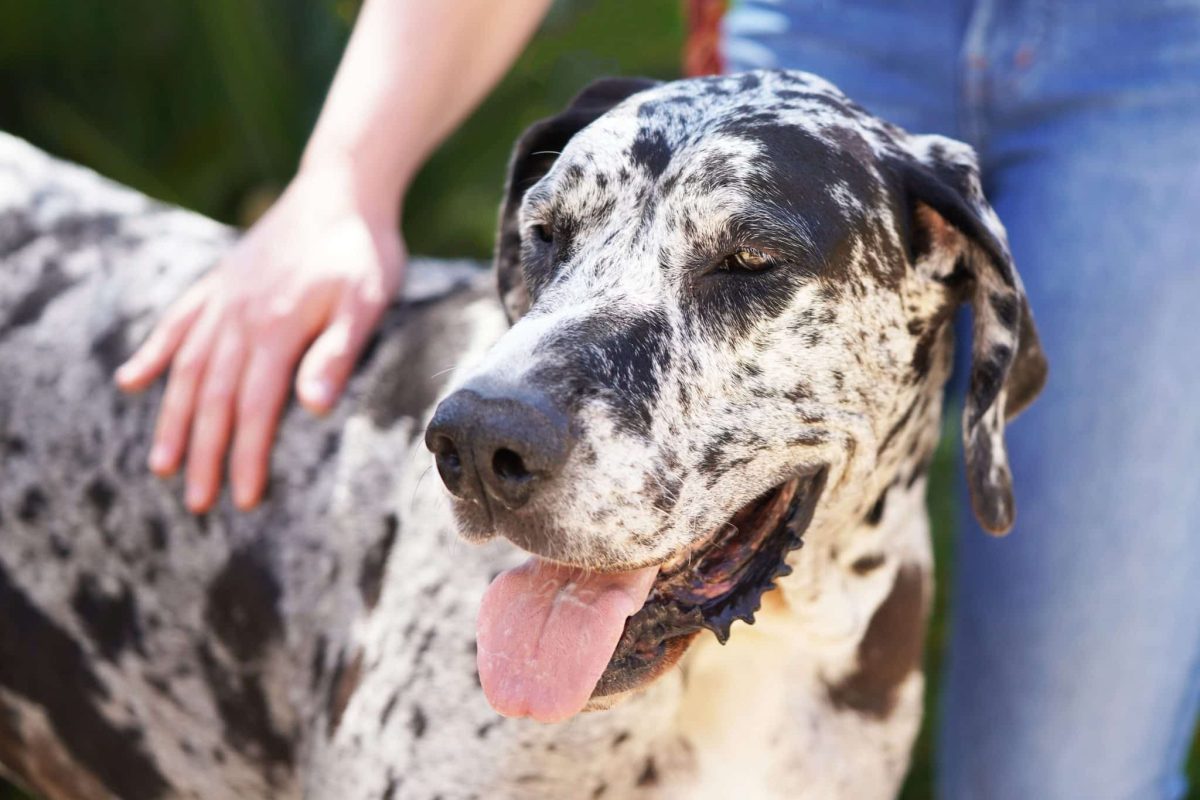 Shutterstock
Shutterstock
Great Danes may look intimidating, but these gentle giants are some of the most affectionate, emotionally aware dogs you’ll ever meet. They often forget how large they are and will attempt to curl up in your lap to comfort you, regardless of the consequences to your personal space or circulation. Danes are calm, loyal, and incredibly sensitive to their owners’ feelings. Whether you need quiet support or a full-body dog hug, they deliver. Having a Great Dane is like living with a massive emotional support pillow that sometimes snores.
The Therapy Dog You Don’t Have to Register
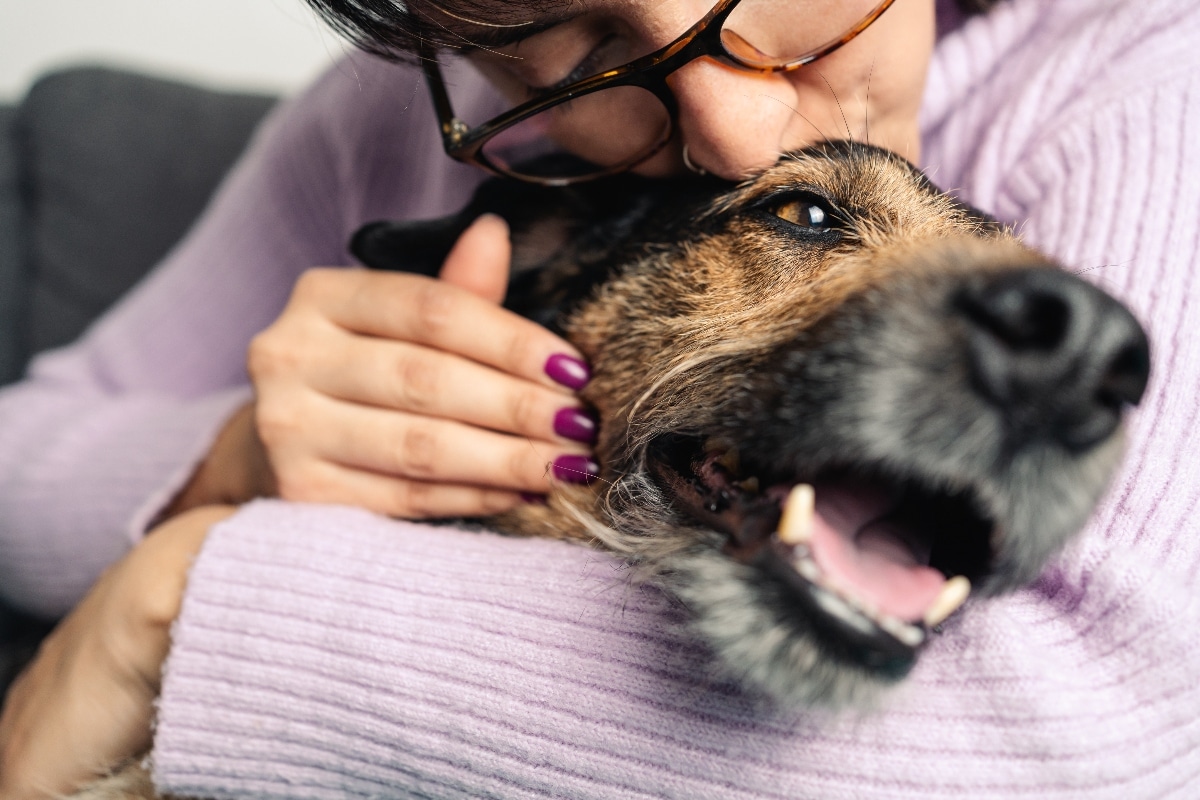 Shutterstock
Shutterstock
Who needs paperwork when you’ve got paws, soulful eyes, and a dog that reads your emotional state like a seasoned therapist? These breeds don’t just love—they connect, offering support through every breakdown, bad day, or late-night snack-fueled existential crisis. They show up with snuggles, tail-thumps, and unconditional devotion, no forms required. Emotional support isn’t a feature—it’s who they are. Just be warned: their daily treatment plan includes sloppy kisses, clingy cuddles, and absolutely zero respect for your lap’s occupancy status. And honestly, isn’t that the best kind of therapy?

 1 month ago
18
1 month ago
18




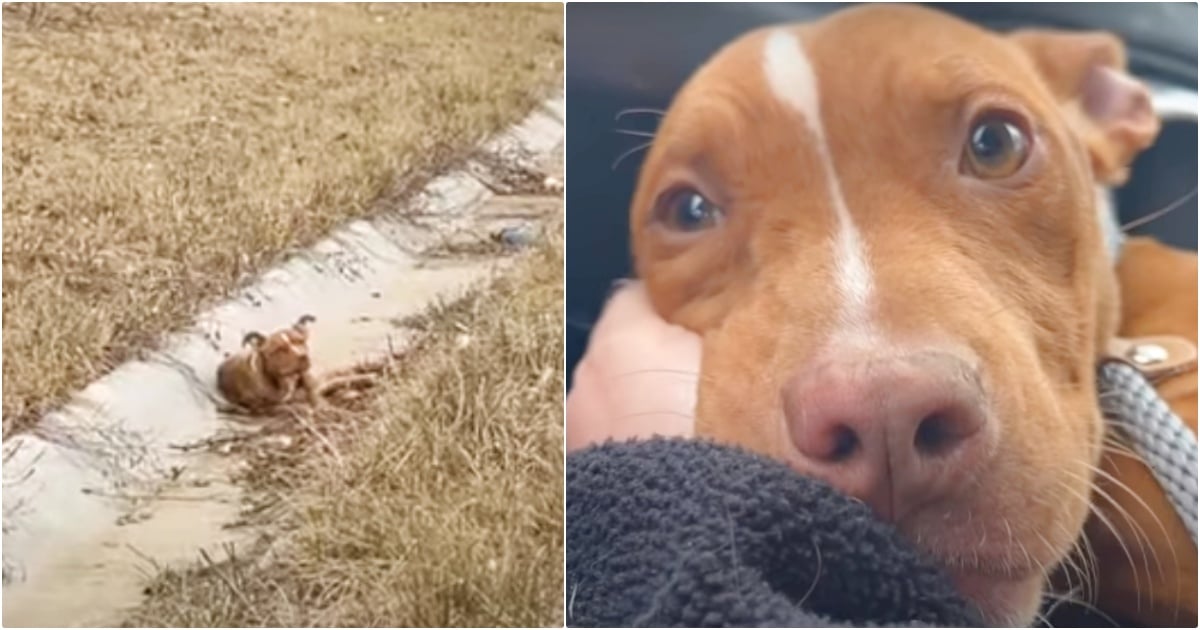

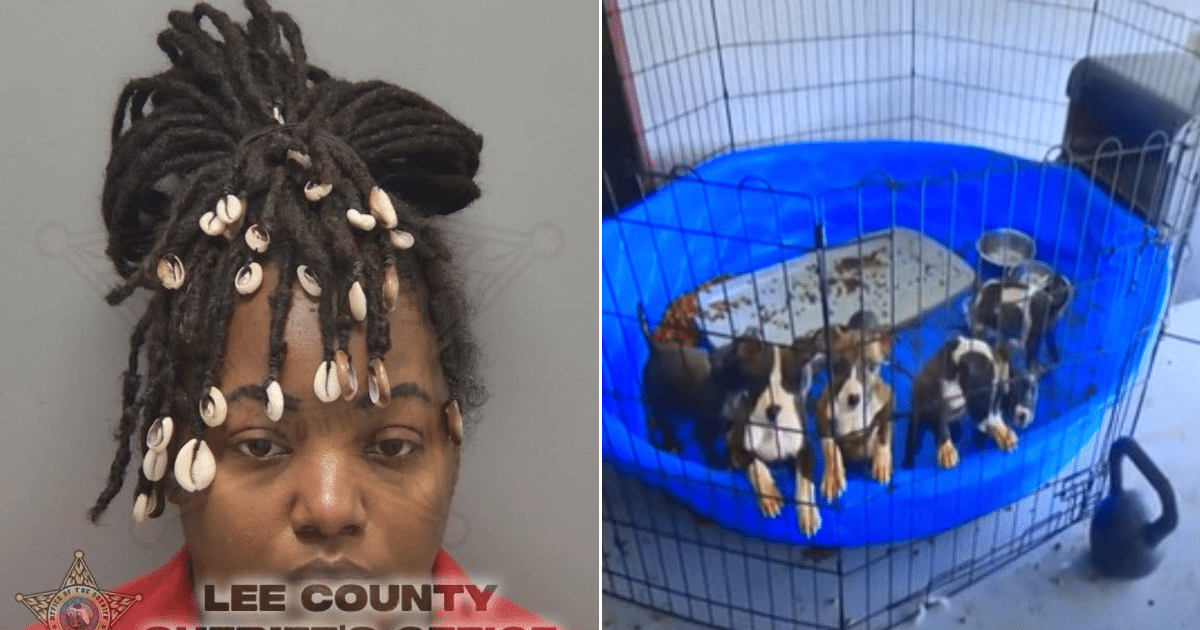



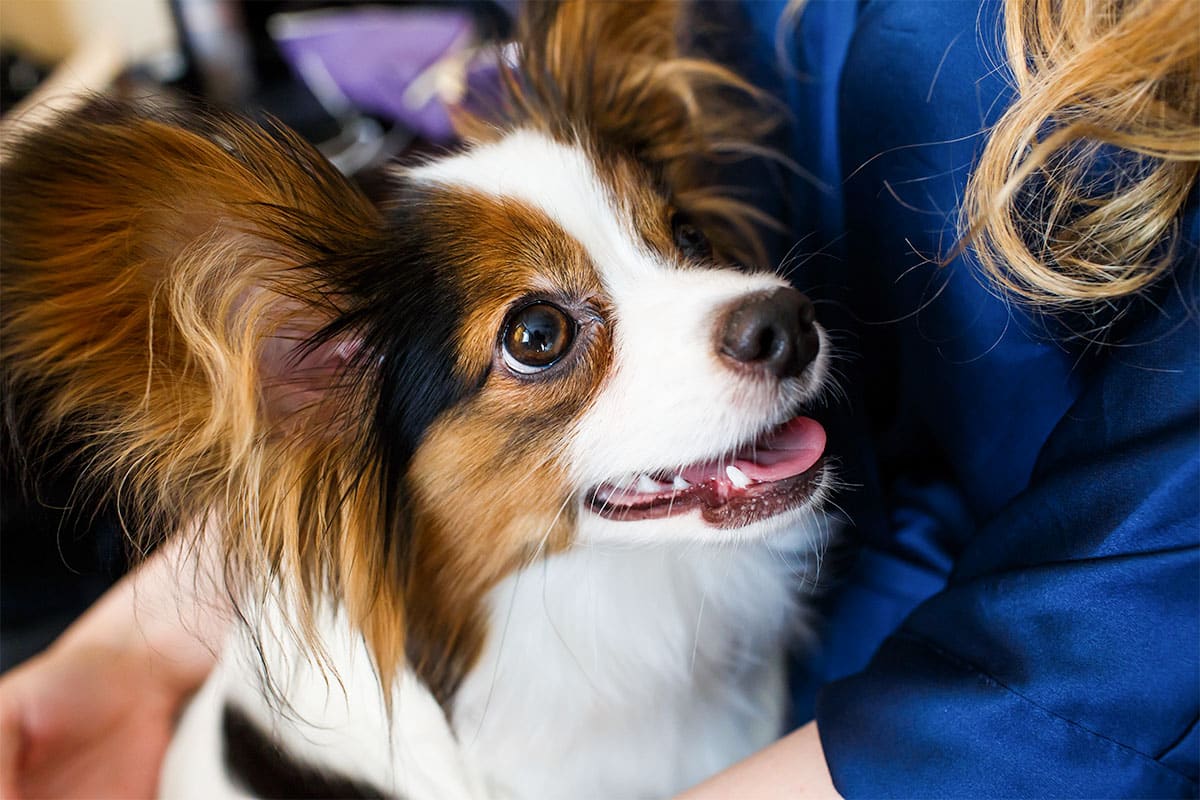
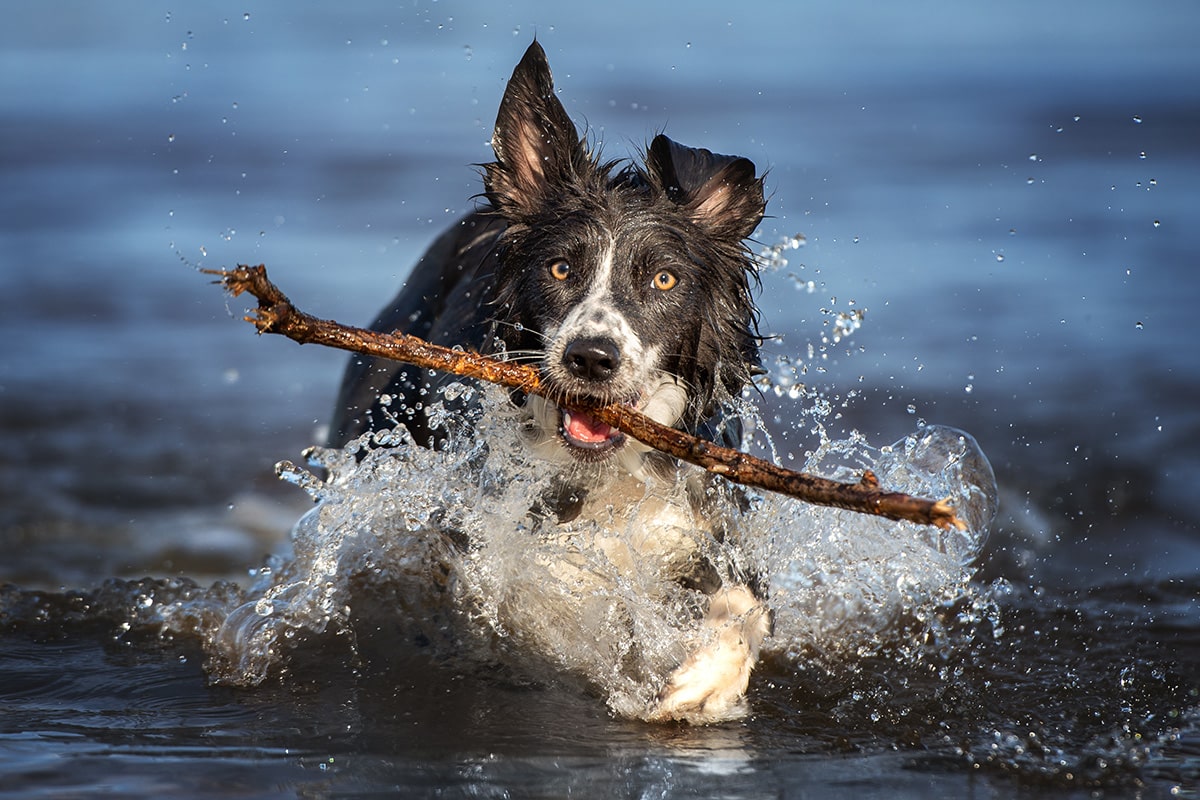

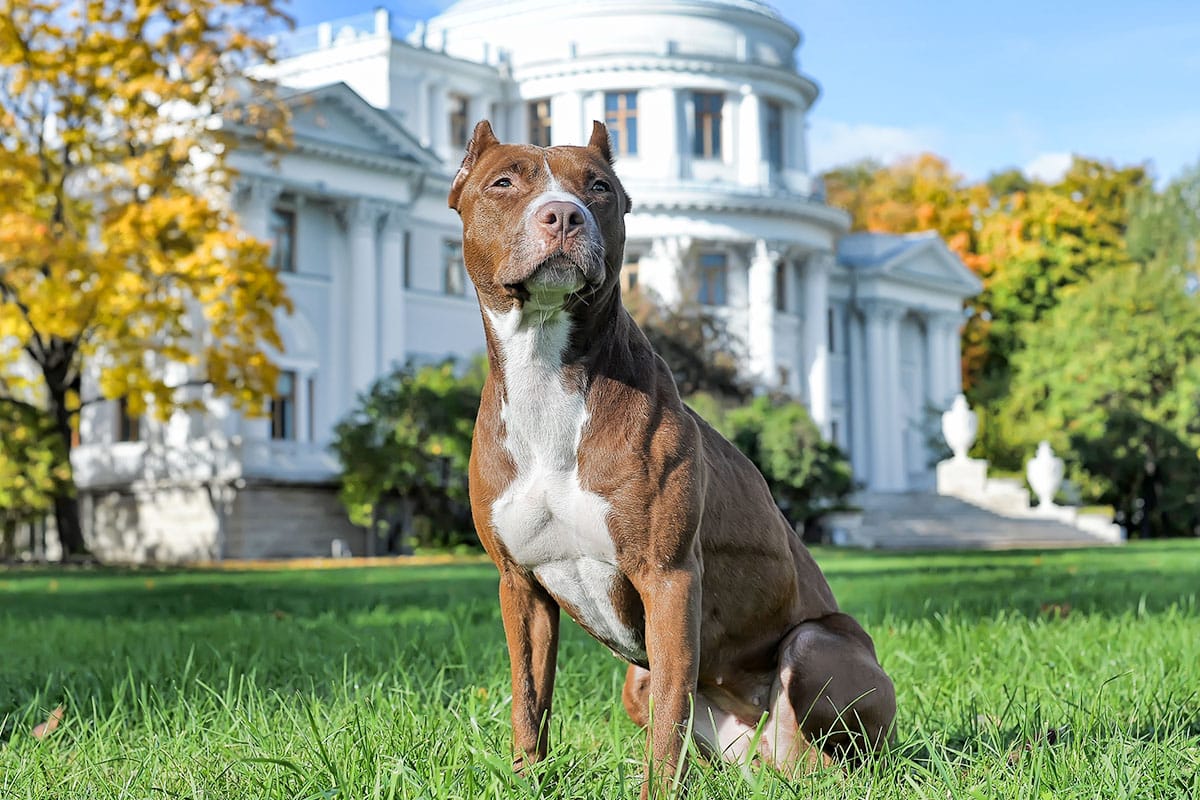
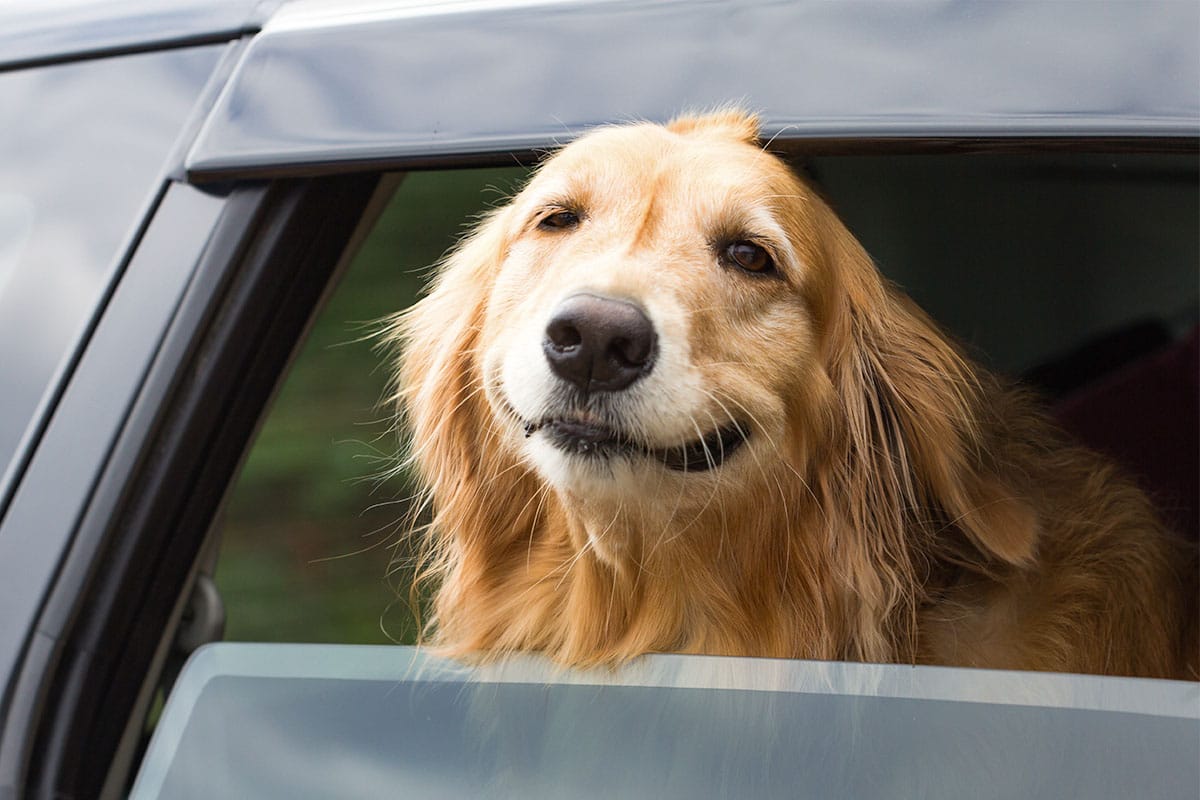
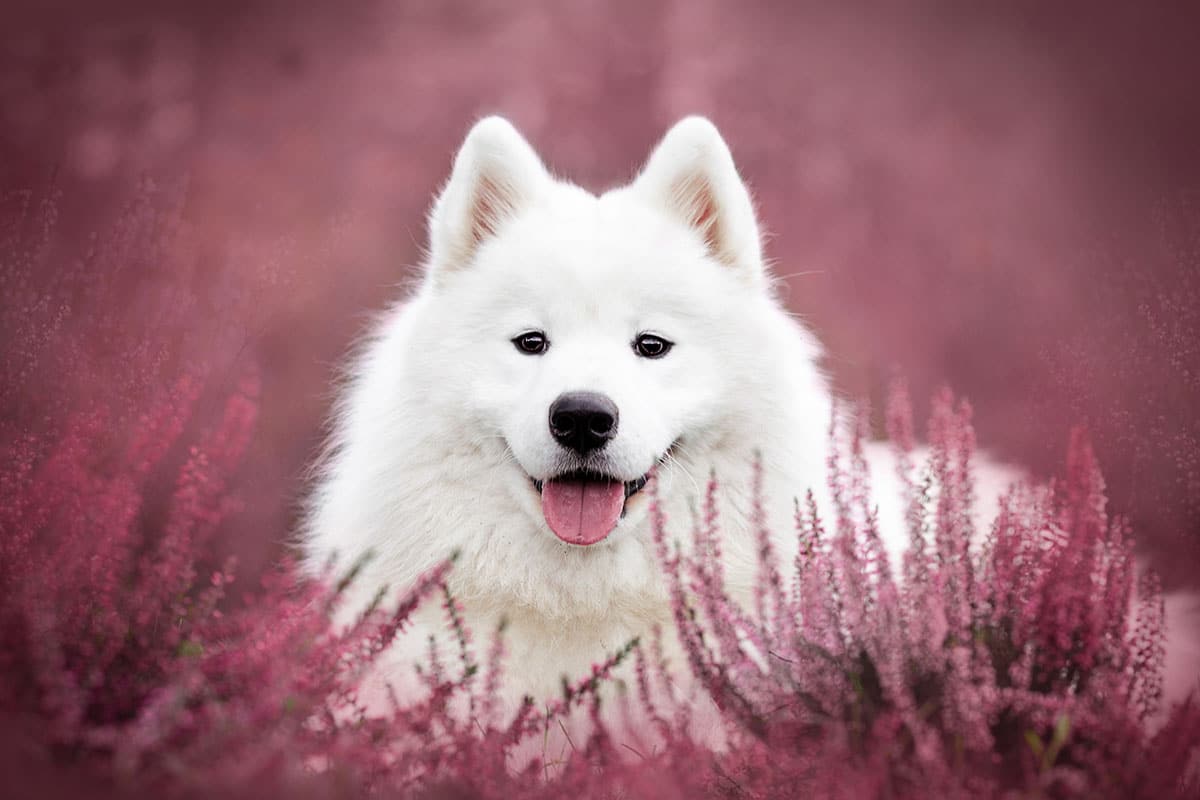
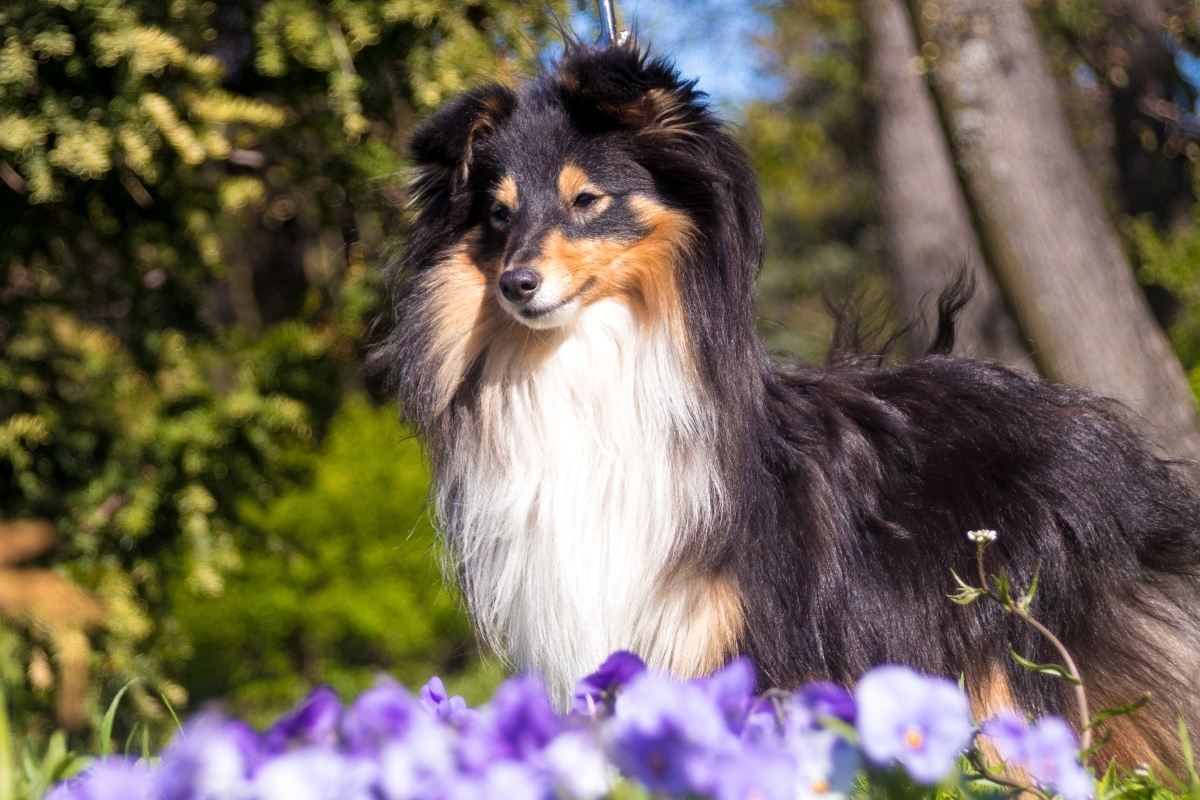

 English (US) ·
English (US) ·